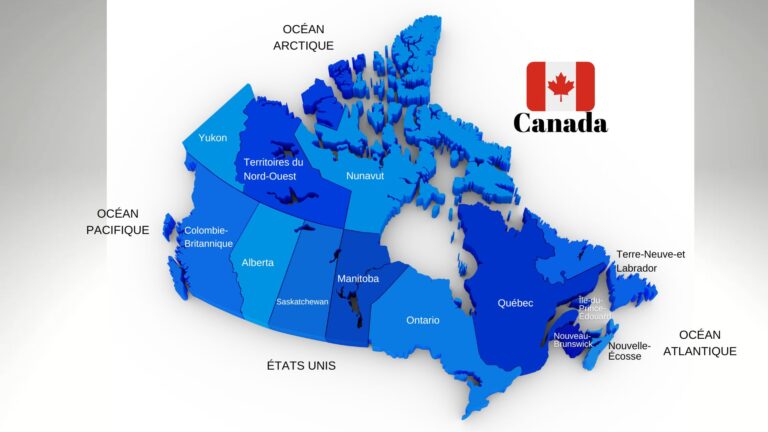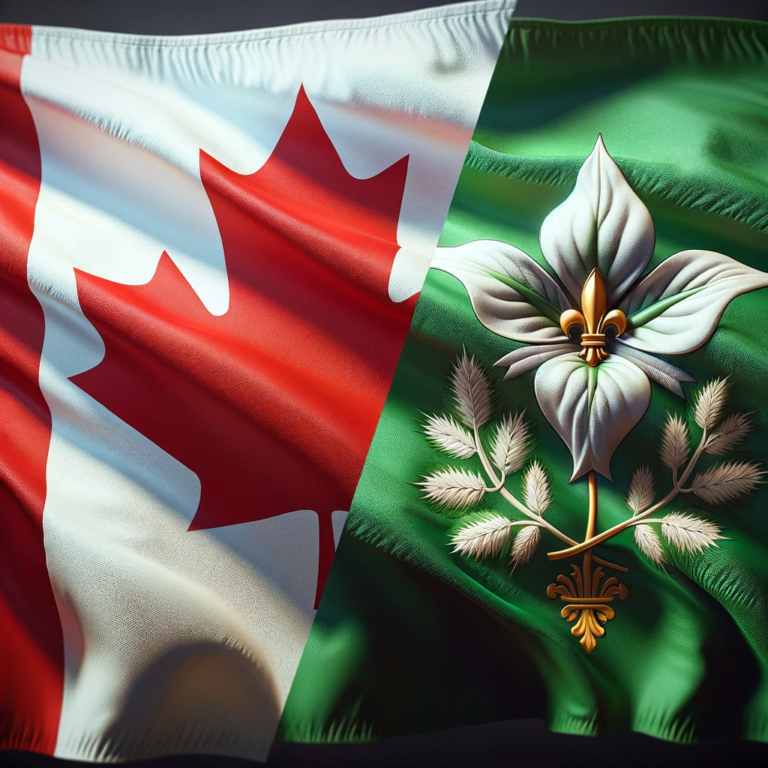How to have your foreign diploma recognized for immigration to Canada

NEW! As of May 20, 2024, the Canadian Architectural Certification Board (CACB) is the credential evaluation body for architects.
You've studied and graduated abroad, and now you're ready to immigrate to Canada to pursue your career? Congratulations! Getting your foreign degree recognized is crucial to ensuring that Canadian employers and educational institutions understand the value of your training. In this article, we'll guide you through the simple steps to get your foreign diploma recognized and help you settle in Canada.
Understanding diploma evaluation
What is diploma evaluation?
Credential evaluation is a process that compares your foreign education with Canadian educational standards. This process enables us to determine the equivalence of your diploma and have it recognized in Canada.
Why is this important?
Having your foreign diploma evaluated is essential for several reasons:
- Find a job in your field
- Studying in Canada
- Professional licenses
- Improve your chances of immigration
Choosing an accreditation body
Credential evaluation agencies in Canada
Several organizations in Canada are authorized to evaluate and recognize foreign credentials. Here are some of the main evaluation organizations:
- World Education Services (WES)
- International Credential Assessment Service (ICAS)
- International Qualifications Assessment Service (IQAS)
- Comparative Education Service (CES)
- International Credential Evaluation Service (ICES)
Choosing the right organization
The choice of assessment organization depends on a number of factors, such as the province in which you wish to settle, the type of diploma and the cost of the assessment. Do your research to find out which one is best suited to your needs.
Prepare and submit required documents
Documents to be supplied
The following documents are generally required for diploma evaluation:
- Completed application form
- Certified copy of your diploma and/or certificate
- Official transcript
- Translation of documents, if necessary
- Payment of appraisal fees
How to submit documents
Carefully follow the instructions provided by the evaluation organization when submitting your documents. Some organizations accept documents by mail, while others prefer digital versions. Be sure to comply with the specific requirements of the organization you have chosen.
Waiting for assessment results
Evaluation time
Evaluation times vary depending on the organization and the complexity of your file. It can take from 4 to 12 weeks to obtain the results of the evaluation. Please be patient and allow sufficient time for this process.
Evaluation results
Once the evaluation is complete, you will receive a credential evaluation report. This report will indicate the equivalence of your foreign diploma to Canadian standards. Keep this report, as you'll need it to apply for jobs, programs of study or professional licenses in Canada.
Use assessment results later
Apply for jobs
Highlight your diploma evaluation report on your CV and in job interviews. Canadian employers will appreciate your efforts to have your diploma recognized, and will be more inclined to consider you for positions suited to your skill level.
Further studies or professional licenses
If you'd like to continue your studies or obtain a professional license in Canada, the credential evaluation report will help you determine the programs and licenses for which you are eligible.
Detailed information on degree evaluation bodies
World Education Services (WES)
Specialties: immigration and post-secondary assessments
Fees: from CAD 220 for a basic assessment
Advantages: fast online process, accepted by many Canadian institutions
International Credential Assessment Service (ICAS)
Specialities: assessments for education, employment and regulatory bodies
Fees: from CAD 200 for a basic assessment
Advantages: detailed report, shorter evaluation times for certain diplomas
International Qualifications Assessment Service (IQAS)
Specialities: evaluations for education, employment and immigration
Fees: from CAD 200 for a basic assessment
Advantages: government service, accepted by many institutions in Alberta
Comparative Education Service (CES)
Specialities: evaluations for education, employment and professional mobility
Fees: from 210 CAD for a basic assessment
Advantages: affiliated with the University of Toronto, expertise in education
International Credential Evaluation Service (ICES)
Specialities: assessments for education, employment and regulatory bodies
Fees: from CAD 200 for a basic assessment
Advantages: government service, accepted by many institutions in British Columbia
Tips for preparing and submitting documents
Certified copies
Ask the institution that issued your diploma to provide you with a certified copy.
You can also contact a notary or a competent authority to certify the conformity of the copy.
Official translations
If your documents are in a language other than English or French, you will need to provide an official translation.
Make sure the translation is done by a certified translator.
Credential evaluation for regulated professions in Canada
Some professions in Canada are regulated, which means you need a license or certification to practice legally. Regulated professions include lawyers, doctors, nurses, engineers, dentists, pharmacists and others. For these professions, credentials often have to be assessed by specialized bodies.
Lawyers
Evaluation organization: Federation of Law Societies of Canada (FOPJC)
Process: Evaluation of academic record, training in Canadian law and successful completion of national examination.
Website: https://flsc.ca/
Doctors
Evaluation body: Medical Council of Canada (MCC)
Process: Evaluation of medical diploma, successful completion of MCC evaluation and qualification exams, and further training if required.
Website: https://mcc.ca/
Nurses
Assessment body: National Nursing Assessment Service (NNAS)
Process: Assessment of nursing competencies, passing the registration exam and obtaining a license from the provincial regulatory body.
Website: https://www.nnas.ca/
Engineers
Evaluation body: Canadian Order of Engineers (C.O.E.) or provincial engineering organizations
Process: Assessment of academic qualifications, work experience, passing the ICO exam and obtaining the engineer's license.
Website: https://engineerscanada.ca/
Dentists
Evaluation body: Commission on Dental Accreditation of Canada (CDAC) or National Dental Examining Board of Canada (NDEB)
Process: Assessment of dental qualifications, successful completion of NDEB written and practical examinations, and licensing by the provincial regulatory body.
Website: https://ndeb-bned.ca/
Pharmacists
Evaluation body: Pharmacy Examining Board of Canada (PEBC)
Process: Assessment of pharmaceutical qualifications, successful completion of CBIP assessment and qualification exams, and licensing by provincial regulatory body.
Website: https://www.pebc.ca/
Architects
Evaluation body: Le Canadian Architectural Certification Board (CACB)The professional association of architects will be appointed on May 20, 2024.
Process: Assessment of the qualifications of architects responsible for the design and construction of homes or buildings.
Website: https://cacb.ca/fr/accueil/
For regulated professions, it's crucial to check specific requirements with the provincial regulatory body and the assessment organization concerned. Qualification assessment and recognition processes vary by profession and province, and may include examinations, internships or additional training.
Conclusion
Getting your foreign degree recognized for immigration to Canada may seem complicated, but by following the simple steps outlined in this article, you'll be able to successfully navigate the credential evaluation process. It's important to choose the right assessment agency for your situation, whether it's a general agency or a specialized agency for regulated professions. Prepare and submit the required documents following the advice provided, and be patient during the assessment process.
Once you've received your credential evaluation report, use it to apply for jobs, further studies and professional licenses in Canada. Success stories and tips on how to incorporate your evaluation results into your job search and professional development will help you maximize your chances of success in Canada.
By arming yourself with the right information and being well prepared, you'll be able to have your foreign diploma recognized and embark on an exciting new stage of your life in Canada. Good luck in this adventure!







